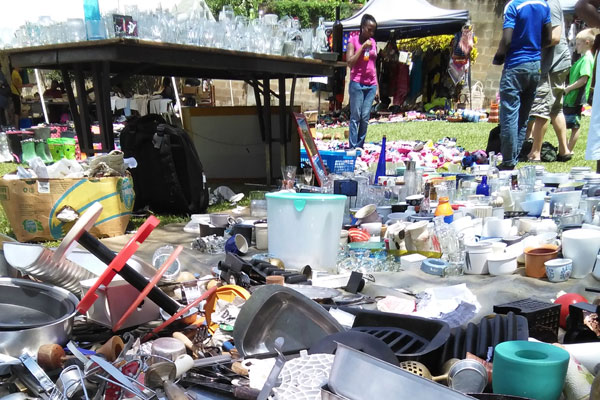Following Lake Victoria accident that happened on Saturday evening experts have come out to teach the public some of the Safety tips for water travelers and boat owners.
- Think about boat safety and plan your trip before you go. Knowledge and planning reduce the risks. Expect emergencies and be prepared in advance
- Carry the necessary equipment:
- Water vessel management should ensure the boats are in good condition.
Equip your boat with a VHF marine radio that will generate your position in an emergence
- It is mandatory to have a life jacket on your trip, and it is recommended that you wear it at all times. Insist that everyone wear a personal floatation device or life jacket whilst on board.
- Make sure you are rested and sober. Remember that alcohol lowers your chances of survival in case of an accident.avoid it
- Do not overload your boat. Make sure that weight is evenly distributed, and do not overcrowd the boat
- If someone falls overboard, it get them back on the boat as soon as possible. If necessary, throw a floatation device to the victim, but do not jump in yourself. If the floatation device has a rope attached, or a floating beacon, then much better. If you cannot get the person out of water, try towing him back to the shore.
- If your boat is overturned but still floating, do not try to swim to safety, but stay nearby and await rescue. If you can, climb onto the boat, but be careful so that it does not get unstable.
- Rafting is great, but do not go rafting on your own. A guide should always accompany you, as they have the equipment and the know-how to assess the safety at any given time.
- Learn how to swim.
- Never swim alone or allow others to do so.
- Do not go swimming if you are hungry, have just eaten or have been drinking alcohol.
- Check the water level before diving.
- Swim along the shore.
- Do not exceed your swimming ability.
- Get out of the water if you feel sick.
Water safety tips for children
- 1 Never leave a young child unattended to near water. Do not trust a child’s life with another.
- 2 Teach children to always seek permission to go near water and that they risk drowning if they overestimate their swimming ability or underestimate the water depth.

















